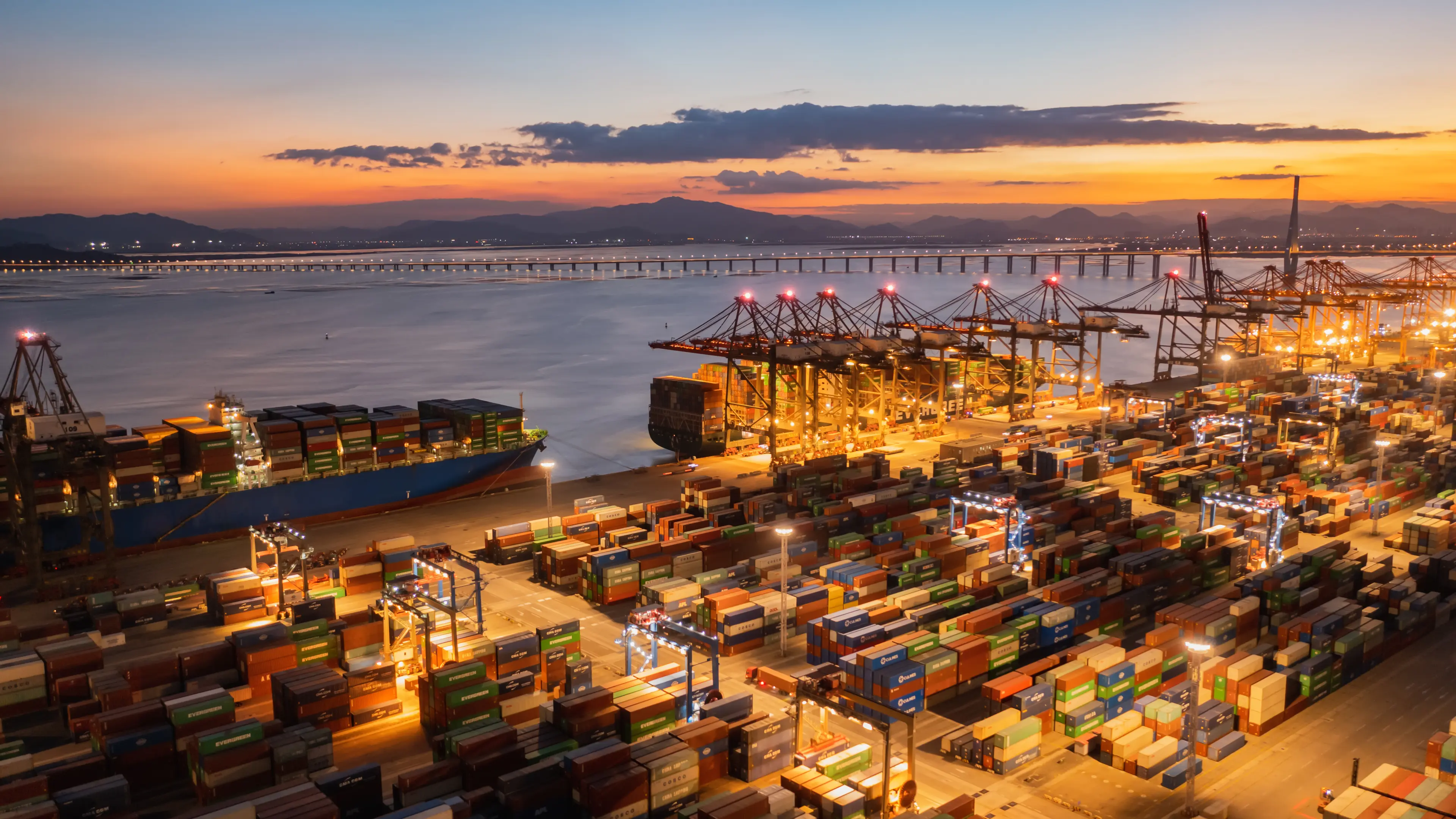Research
Africa’s growth is limited by poor supply chain visibility. Incomplete data on production, logistics, and compliance deters investment and raises costs. Transparency is now essential for competitiveness. Acorn & Partners helps build credible, digital data systems to align with global standards, attract capital, and unlock higher-value opportunities across key markets.

Global supply chains are being reshaped at speed. Geopolitical tensions, decarbonisation targets and stricter ESG standards are redefining how value is created. Africa holds the minerals, energy potential and demographics that global industries require. Yet industrialisation cannot thrive on resources alone. It depends on the visibility and reliability of the supply chains that move these resources from origin to market.
Today, lack of visibility remains one of Africa’s greatest barriers to growth. Data on production volumes, logistics and compliance is fragmented. This makes risk assessment difficult and drives up financing costs. Even projects with strong fundamentals struggle to attract international capital when information is incomplete or inconsistent.
Infrastructure gaps compound the problem. Roads and ports can be built, but mean little without credible data on cargo volumes, mineral grades and compliance. Reassurances alone do not lower risk premiums. What is needed is verifiable information on the chain of custody from mine or factory floor to end user.
Geopolitics makes the issue even more pressing. Export restrictions, shifting trade alliances and competition over critical minerals mean investors now weigh political exposure as heavily as financial fundamentals. Countries that can demonstrate transparency in production and trade will be far better placed to reassure markets when external shocks occur. Visibility is becoming a form of resilience.
Regional frameworks are moving in the same direction. By aligning with AfCFTA’s digital trade architecture through tools like the Pan African Payment and Settlement System and the African Trade Observatory, countries can build the transparent and harmonised supply chains essential to unlocking intra-continental value chains.
Global regulation reinforces this trend. The US Inflation Reduction Act and Europe’s Critical Raw Materials Act show that buyers may still consider price, but no longer focus on it alone. They want to know the origin, emissions intensity and labour standards of inputs. For a cobalt or graphite producer, transparency is not optional. It is now the baseline condition for entry into the most attractive markets.
Digital traceability strengthens the case. Blockchain platforms, satellite monitoring and independent certification already exist and are proven to work. Used effectively, these systems not only lower financing risk but also surface inefficiencies, reduce waste and improve emissions reporting. Transparent data creates both economic and
environmental advantage while meeting the growing scrutiny of regulators and end users.
The lesson is clear. Information systems must be treated as core infrastructure. Just as energy grids and transport corridors unlock industry, supply chain visibility reduces friction and attracts capital. Investments in cross-border tracking platforms, certification aligned with international standards and analytics that verify claims all deliver measurable returns. For governments, stronger visibility improves tax collection and negotiation power. For firms, it enables credible participation in higher-value segments of global value chains.
Examples elsewhere show what is possible. India’s aerospace sector has scaled rapidly by building credible suppliers, delivering consistently to global OEMs, and investing in higher-value capabilities such as design and engineering integration. This demonstrates that credibility and reliability can unlock global opportunities (1) For Africa, the lesson is clear. Pairing production capability with verifiable and transparent supply chains can create a strategic advantage, boost competitiveness, and attract investor confidence. At Acorn & Partners, we are building the data ecosystems that underpin this transformation. By building data integration frameworks that meet international benchmarks, we help governments and firms move from opacity to credibility in the markets that matter most.